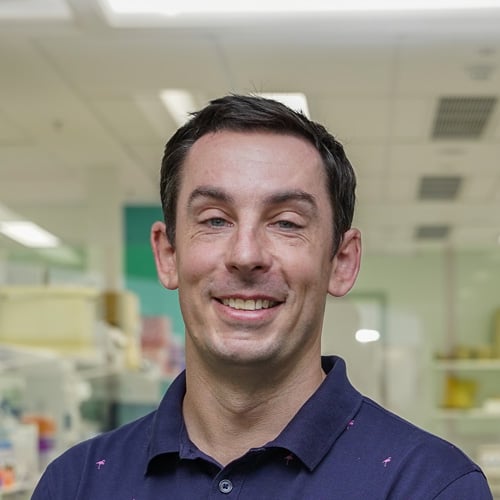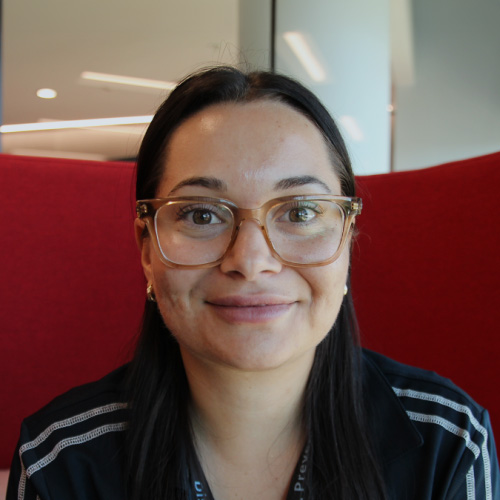Search





People
Amanda ZaffinoAmanda is a Certified Child Life Specialist and has a Bachelor of Science in Psychology and Master of Arts in Education with an emphasis on Child Life in Hospitals and Early Childhood Education.

We are looking for Aboriginal parents who are passionate about lung health to join the Aboriginal Advisory Committee (AAC) for our Kids Easy Breathing Study (KEBS). Research shows 1 in 5 Aboriginal* bubs in hospital for bronchiolitis (a common viral chest infection) later had serious damage to their lungs. The aim of our study is to find out why Aboriginal bubbies are more likely to develop long-term lung sickness.

Midaiah Age 19. Youth advocate, project community member. Research is critical as it informs strategy and helps build a greater

Emma Age 22. Youth advocate, Youth Advisory Group & Science Team community member. Research is the answer to our problems, I think research

Sarah Mum of two, Summer and Andre Jnr. Project community member. Having lived in a remote Aboriginal community, Looma, for many years it

The Kids Research Institute Australia welcomes and appreciates all enquiries regarding volunteering opportunities.
